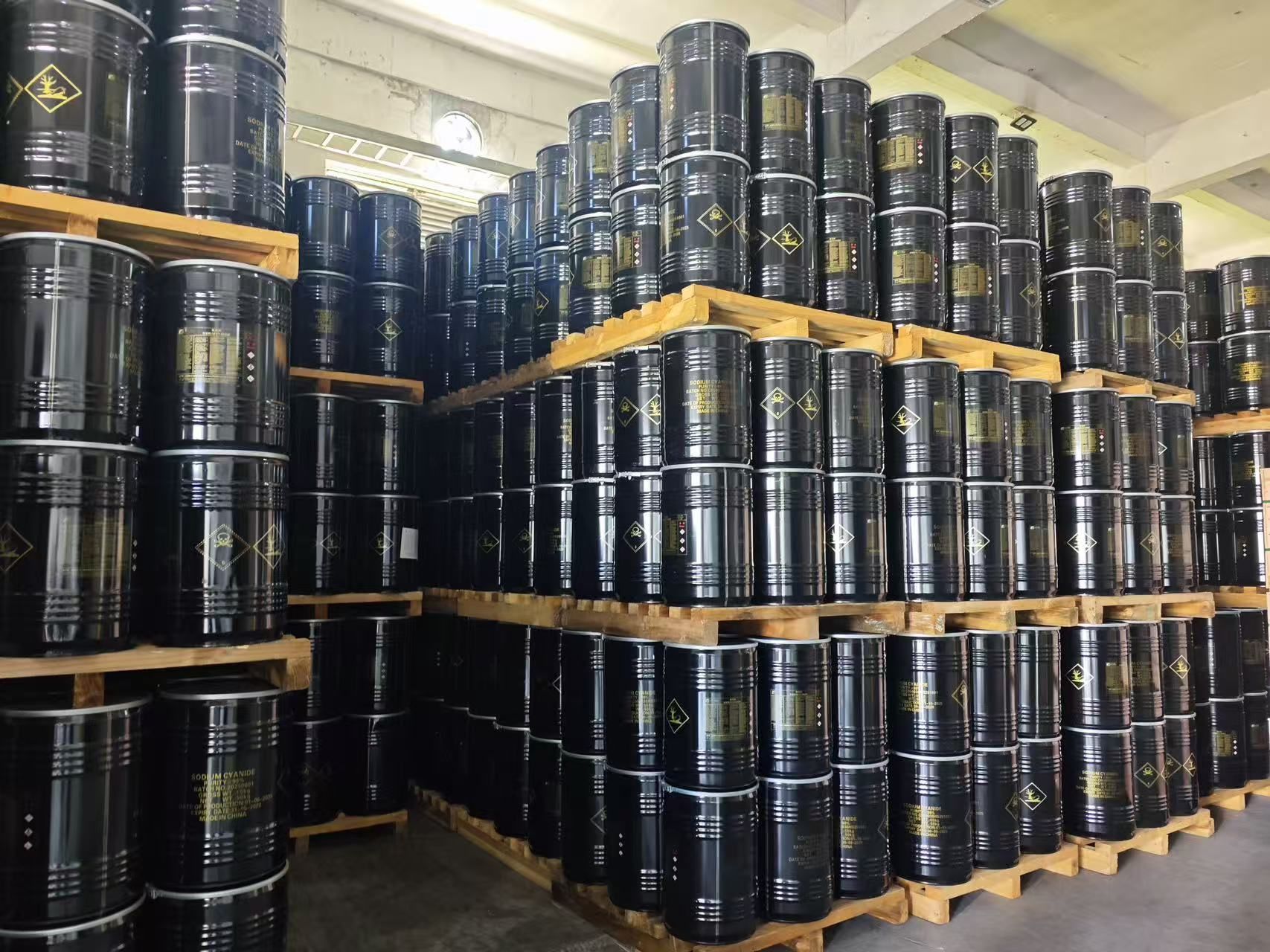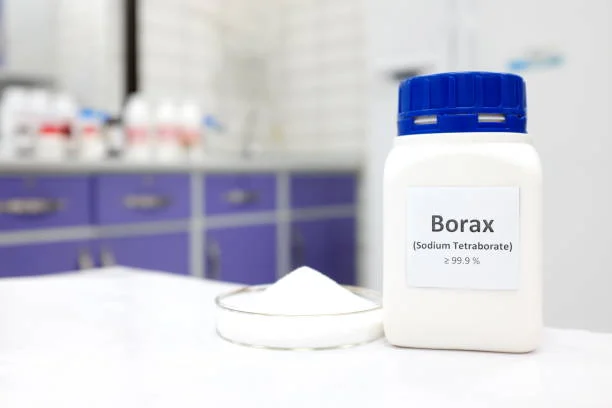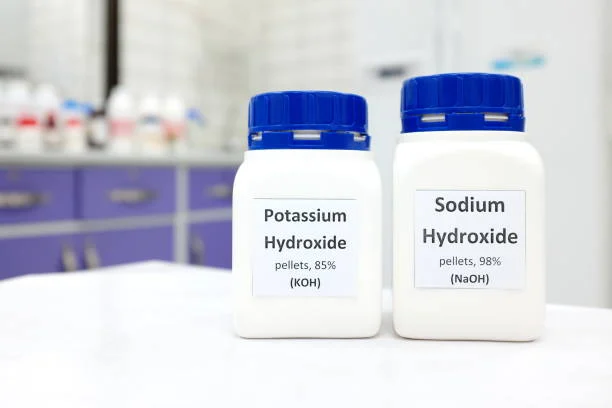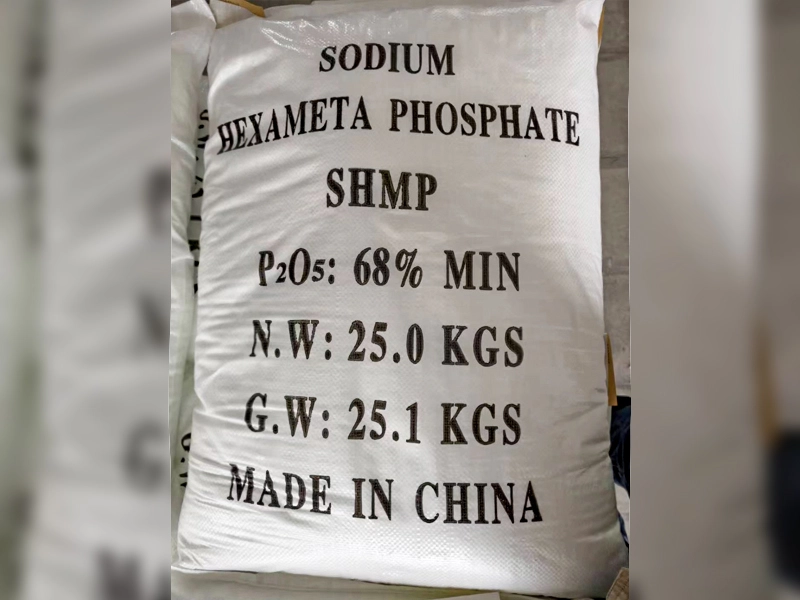The Multifaceted Role of Sodium Cyanide: A Double-Edged Sword in Industry
Sodium cyanide, a compound notorious for its extreme toxicity, is often viewed through a lens of caution and concern. However, beyond its hazardous nature, Sodium cyanide serves as a crucial component in various Industrial applications, demonstrating its irreplaceable role in fields ranging from Pharmaceuticals to Textiles and Electroplating. This article delves into the multifaceted uses of Sodium Cyanide, highlighting its significance while acknowledging the inherent risks associated with its handling and use.
1. Sodium Cyanide in Pharmaceutical Production
One of the most notable applications of sodium cyanide is in the pharmaceutical industry, particularly in the synthesis of barbiturates and sulfonamides. Barbiturates, once widely prescribed as sedatives and sleeping aids, have largely fallen out of favor due to the development of safer alternatives. Nevertheless, they still hold a niche position in medical treatments, particularly as antidotes for specific poisoning cases, such as organochlorine pesticide endosulfan, and in the management of neonatal kernicterus.
The production of diethyl malonate, a key intermediate in the synthesis of barbiturates, relies heavily on sodium cyanide. In industrial settings, sodium cyanide is utilized alongside sodium chloroacetate to produce sodium fluoroacetate, which is subsequently esterified with ethanol to yield diethyl malonate. This chemical pathway underscores the importance of sodium cyanide in the pharmaceutical sector, where it facilitates the creation of compounds that have significant therapeutic applications.
2. Sodium Cyanide in Textile Manufacturing
In the realm of textiles, sodium cyanide plays a pivotal role in the production of synthetic fibers. As of recent reports, synthetic fibers account for approximately 70% of the total textile fibers produced in China, a figure that reflects the growing demand for these materials in various applications, from fashion to industrial uses. The processing of nearly all synthetic fibers necessitates the use of sodium cyanide as a raw material.
The versatility of synthetic fibers, which include polyester, nylon, and acrylic, has made them a staple in the textile industry. Sodium cyanide's role in this sector is critical, as it aids in the chemical processes that transform raw materials into the fibers that are woven into fabrics. The reliance on sodium cyanide in textile manufacturing highlights the compound's importance beyond its toxic reputation, showcasing its utility in meeting the demands of modern consumerism.
3. Sodium Cyanide in Electroplating
Another significant application of sodium cyanide is in the field of electroplating, where it is used to enhance the deposition of metals such as gold and silver. In electroplating, sodium cyanide forms complex ions with the metal being plated, resulting in the creation of metal cyanide ions. This process is essential for achieving high-quality electroplated finishes.
The advantages of using metal cyanide ions as electrolytes in electroplating are manifold. When free ions of the plated metal are used directly, the deposition rate can be excessively high, leading to the formation of a loose and porous film that lacks the necessary adhesion and durability. In contrast, the use of sodium cyanide allows for a more controlled deposition process, resulting in a denser and more uniform coating. This is particularly important in applications where the aesthetic and functional qualities of the plated surface are paramount.
Moreover, sodium cyanide's role as a ligand in electroplating is complemented by its ability to stabilize the metal ions in solution, preventing premature precipitation and ensuring a consistent plating process. This characteristic is especially beneficial for metals that are prone to oxidation or other forms of degradation during the plating process.
4. Safety and Environmental Considerations
Despite its industrial significance, the use of sodium cyanide is fraught with risks. Its high toxicity poses serious health hazards to workers and the environment. Exposure to sodium cyanide can lead to acute poisoning, with symptoms ranging from headaches and dizziness to respiratory failure and death. As such, stringent safety protocols and regulations are essential in industries that utilize this compound.
In recent years, there has been a growing emphasis on the need for safer alternatives and improved handling practices in industries that rely on sodium cyanide. Companies are increasingly investing in research to develop less toxic substitutes and to implement advanced safety measures to protect workers and minimize environmental impact. The challenge lies in balancing the benefits of sodium cyanide's unique properties with the imperative to safeguard human health and the environment.
5. Conclusion
Sodium cyanide is a complex chemical that embodies both the potential for significant industrial advancement and the necessity for caution. Its applications in pharmaceuticals, textiles, and electroplating illustrate its irreplaceable role in modern manufacturing processes. However, the inherent dangers associated with sodium cyanide cannot be overlooked. As industries continue to evolve, the focus must remain on ensuring safe practices while harnessing the benefits of this powerful compound.
In conclusion, sodium cyanide serves as a reminder of the dual nature of many chemicals used in industry—capable of driving innovation and progress while also posing serious risks. The ongoing challenge for manufacturers, regulators, and researchers is to navigate this delicate balance, ensuring that the benefits of sodium cyanide can be realized without compromising safety or environmental integrity. As we move forward, a commitment to responsible use and continuous improvement in safety practices will be essential in leveraging the advantages of sodium cyanide while mitigating its risks.
- Random Content
- Hot content
- Hot review content
- Sodium Isopropyl Xanthate 90% SIPX
- Sodium Peroxide
- Barium carbonate 99% powder
- Phosphoric Acid 85% (Food grade)
- United Chemical GDA Gold Dressing Agent HS: 3824999999 – Eco-Friendly Substitute for Sodium Cyanide
- Maleic Anhydride - MA
- Ethyl alcohol /Ethanol 99.5%
- 1Discounted Sodium Cyanide (CAS: 143-33-9) for Mining - High Quality & Competitive Pricing
- 2Sodium Cyanide 98% CAS 143-33-9 gold dressing agent Essential for Mining and Chemical Industries
- 3China's New Regulations on Sodium Cyanide Exports and Guidance for International Buyers
- 4International Cyanide(Sodium cyanide) Management Code - Gold Mine Acceptance Standards
- 5China factory Sulfuric Acid 98%
- 6Anhydrous Oxalic acid 99.6% Industrial Grade
- 7Soda Ash Dense / Light 99.2% Sodium Carbonate Washing Soda
- 1Sodium Cyanide 98% CAS 143-33-9 gold dressing agent Essential for Mining and Chemical Industries
- 2High Purity · Stable Performance · Higher Recovery — sodium cyanide for modern gold leaching
- 3Sodium Cyanide 98%+ CAS 143-33-9
- 4Sodium Hydroxide,Caustic Soda Flakes,Caustic Soda Pearls 96%-99%
- 5Nutritional Supplements Food Addictive Sarcosine 99% min
- 6Sodium Cyanide Import Regulations & Compliance – Ensuring Safe and Compliant Importation in Peru
- 7United Chemical's Research Team Demonstrates Authority Through Data-Driven Insights













Online message consultation
Add comment: